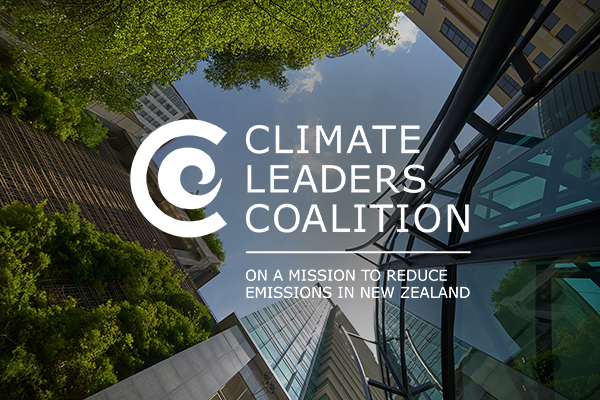“Climate change is a significant and increasingly urgent issue for all New Zealanders and many businesses are already taking action. An overall goal of net zero carbon emissions by 2050 will give business the certainty and confidence to make long-term investment decisions,” says Coalition convenor and Z Energy Chief Executive Mike Bennetts.
“As the original Climate Change statement said in October 2017, we support the Paris Agreement & New Zealand’s commitment to it, the introduction of a climate commission, and carbon budgets enshrined in law.
“Members of the Climate Leaders Coalition are committed to reducing emissions in their own businesses and throughout their supply chain. However, businesses are calling for a stable and predictable policy pathway to transition New Zealand to a low emissions economy by 2050.
“This issue is too important to delay any further, for our businesses and the communities we live in.”
Background
The Climate Leaders Coalition was established in July 2018 and now comprises 87 signatories, including some of New Zealand’s largest businesses. Coalition members collectively account for more than half of New Zealand’s greenhouse gas emissions. By signing up to the Coalition, members commit themselves to measure their greenhouse gas emissions and publicly report on them; set a public emissions reduction target consistent with keeping within 2° of warming; and work with suppliers to reduce their greenhouse gas emissions.
More information www.climateleaderscoalition.org.nz
CLC members are currently being surveyed on the areas where they are actively working on to reduce emissions. Responses received to date (total = 53):

“Other” responses included:
-Sustainable finance and responsible investment
-Aviation fuel reduction;
-Climate research
-Climate risk assessment and mitigation
-Hydrogen
-Water use efficiency
-Contributing to regulatory change to enable increasing renewable generation and electrification of the industrial process heat and transport sectors
-Emissions data capture and reporting
-Product stewardship and circular economy
-Alternative green chemical range
-Power generation; grid stability

